Amiri Baraka Biography
Amiri Baraka (originally Everett LeRoi Jones) was born in Newark, New Jersey, in 1934. Baraka earned a scholarship to attend Rutgers University but transferred to Howard University less than two years later. After graduating in 1953, he served in the United States Air Force. There, Baraka was accused of being a communist and dishonorably discharged. He resented his time in the military, stating it was racist and offered no room for free thought. During this time, however, Baraka started writing poetry after reading works by the Beat Poets back in America.
The Beat Generation was a group of American authors who rejected traditional norms and standard storytelling narratives in favor of free self-expression. Famous Beat poets include Allen Ginsberg and William Burroughs.
After briefly attending graduate school but never earning a degree, Baraka moved to Greenwich Village in New York City. He formed a small circle with other writers in the Beat and avant-garde movements. He met his first wife, fellow poet Hettie Cohen, and together they founded Totem Press and Yugen poetry magazine. Both of these endeavors published primarily Beat authors but were also short-lived.
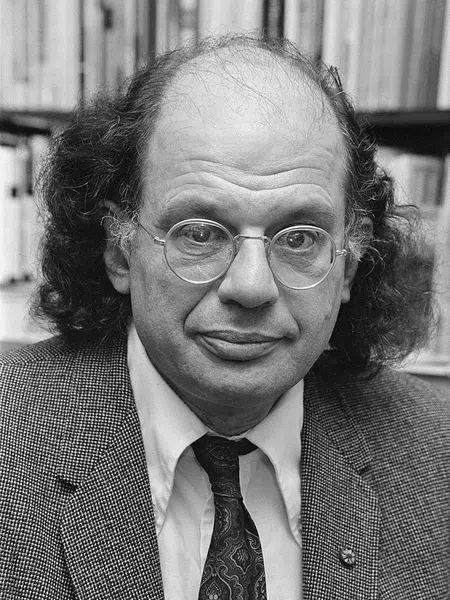
Fig. 1: During the start of his literary career, Baraka was largely influenced by Beat Poets like Allen Ginsberg.
In the late 1950s, Baraka began writing under the name LeRoi Jones. He published his first book of poems, Preface to a Twenty Volume Suicide Note, under this name in 1961. Baraka was concerned with race and class and argued for more diverse Black voices in literature. According to Baraka, African American contributions to literature were minimal. They did not represent the Black experience because they were almost all written by middle-class African Americans attempting to fit into white society.
Baraka's first play, A Good Girl is Hard to Find, was performed in 1958 at a jazz club in Montclair. His second play, Dutchman (1964), was much more successful and established his reputation as a dramatist. Dutchman centers around a black man and a white woman meeting on a subway train. After a series of flirtations, they begin fighting and express their deep-seated hatred for one another.
Baraka wrote the play while he was divorcing Cohen, a white Jewish-American. Following this play, Baraka's writing became much more militant and advocated the need for African Americans to break away from white society.

Fig. 2: Dutchman takes place in the New York City subway.
As the civil rights movement gained momentum, Baraka increasingly turned to a militant aesthetic. After Malcolm X's assassination in 1965, Baraka left his wife and children and moved to Harlem to be with other Black artists and writers. There, he embraced radical black nationalism and advocated for a physical uprising to free Black Americans from the oppressive dominant society. His 1965 poem "A Poem for Black Hearts" was one of the first public responses to Malcolm X's death. The poem encouraged rage and violence against oppression.
Malcolm X (1925-1965) was a prominent figure in the Civil Rights movement. He was a Muslim minister who promoted Black empowerment and encouraged African Americans to turn to Islam. Malcolm X had a troubled childhood and was imprisoned for ten years for various crimes. While imprisoned, Malcolm X was introduced to the Nation of Islam (NOI), a Black nationalist organization, and became one of its most prominent leaders.
While working with NOI, Malcolm X was highly critical of Martin Luther King Jr.'s insistence on nonviolent protest. Instead, Malcolm X advocated for radical action to cause social change. He eventually became disillusioned with NOI and became involved in the mainstream civil rights movement in the early 1960s. He was assassinated in 1965.
In Harlem, Baraka founded the Black Arts Repertory Theatre/School in an attempt to incorporate theater into the Black Arts Movement. He wrote Home: Social Essays (1966) partly to define the Black artist's role in American society. Baraka married poet Sylvia Robinson (who later changed her name to Amina Baraka) in 1967. The two founded the Spirit House Players, which produced some of Baraka's plays. Baraka converted to Islam in 1968 and changed his name to Imamu Amiri Baraka. He eventually dropped Imamu.
By the 1970s, Baraka had established himself as a prominent Black writer. He became disillusioned with Black Nationalism, believing certain Black writers were sabotaging social progress and only making racism worse. Baraka turned to Marxism-Leninism. He continued writing through a Marxist perspective, publishing Three Books (1975), The Motion of History and Other Plays (1978), and Daggers and Javelins (1984), among others.
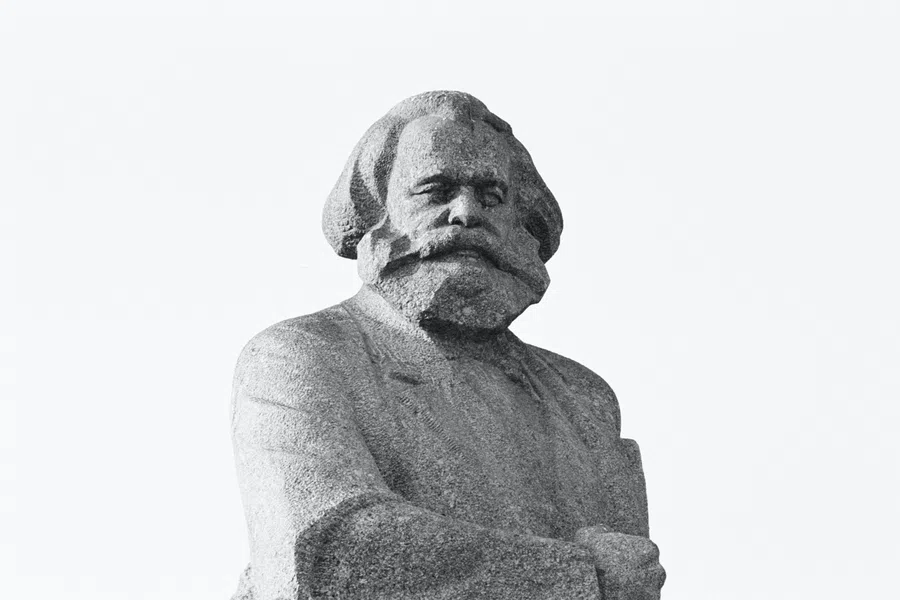
Fig. 3: Baraka adopted a Marxist philosophy during the latter part of his literary career.
Baraka had several encounters with the police and was arrested for allegedly carrying an illegal weapon, assaulting his wife, and resisting arrest. He was a controversial figure for expressing anti-Semitic and anti-female views in several instances throughout his work.
He also often aligned himself with radical politics and has been accused of fostering hate and promoting racial divisions. When Baraka was named Poet Laureate of New Jersey, there was so much public outrage and pressure to remove him from his position before his term was up the state of New Jersey had to abolish the position entirely.
Baraka spent the last decades of his life teaching at various universities around the country. He won an American Book Award for his contributions to Confirmation: An Anthology of African-American Women (1983). He was also awarded a PEN/Faulkner Award, a Rockefeller Foundation Award for Drama, and the Langston Hughes Award from City College of New York.
After struggling with a long-term illness, Baraka died in 2014 following surgery complications.
Amiri Baraka Books
Baraka was a dramatist, novelist, poet, and nonfiction writer. Below are some of his most famous books.
Dutchman (1964)
Dutchman was the highly-controversial play that established Baraka as a prominent playwright. Set on the subway in New York City, Dutchman centers around an attractive white woman named Lula and a young black man named Clay. Clay and Lula meet for the first time in the subway. Lula immediately starts flirting with him. She uses stereotypes to guess where he is going and puts her hand on his leg.
Clay enjoys the attention but is aware of racial double standards and waits until Lula makes a move, so he does not get in trouble for assaulting a white woman. Lula believes Clay is immune to her manipulation, and she becomes hostile, mocking Clay and his life as an educated black man. Clay slaps Lula and tells her she is enforcing racial divisions in America, which only keeps Black people oppressed. He admits killing white people would end the racism he faces, but he is adamant he does not want to kill and would rather be ignorant of how racism affects him. Lula stabs him in the heart and the passengers throw his body out of the subway.
At the end of the novel, Lula approaches another unsuspecting Black man. What might her character represent in the context of the Civil Rights Movement or race relations?
Blues People: Negro Music in White America (1963)
Baraka's first book of music criticism, Blues People, traces Black history along the lines of Black music. Bakara examines how blues and jazz music impacts American culture at each level—social, economic, and musical. He argues Black music has helped spread the influence of Black culture to the dominant white society. Blues People was a personal book for Baraka, written as he tried to find inspiration in Black art to develop his voice.
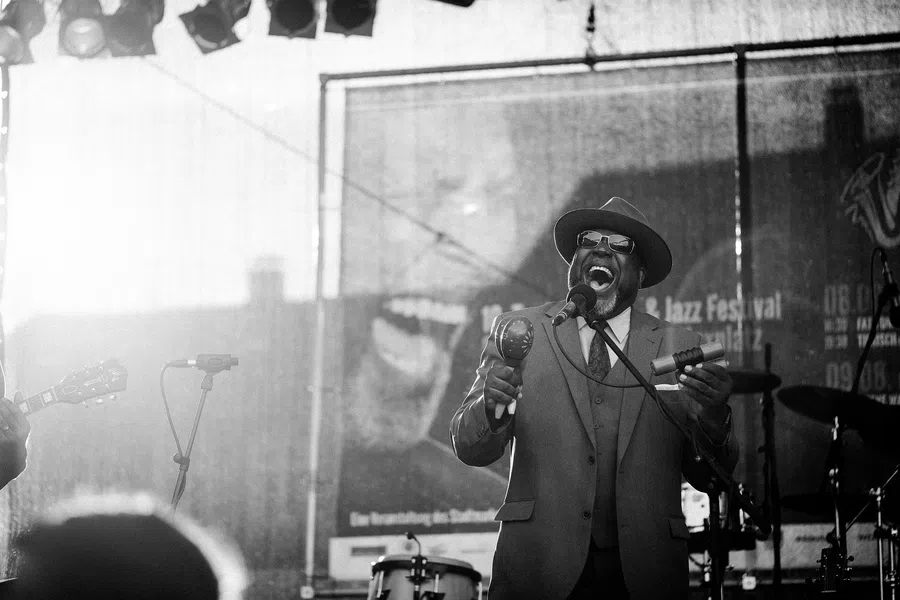
Fig. 4: Baraka traces the music of African Americans from slavery through the jazz of the 1960s.
A Black Mass (1966)
Baraka's involvement in Black Nationalism influenced A Black Mass. It is based on the Nation of Islam's religious doctrine of Yakub. Yakub was a Black scientist who created white people through selective breeding. Baraka inverts the imagery of the myth, associating life and beauty with blackness. The resulting play is a piece of social commentary aimed at awakening Black Americans to their role in American politics.
Amiri Baraka Poems
Two of Baraka's most influential and controversial poems are "Somebody Blew Up America?" and "Black Art."
"Somebody Blew Up America?" (2001)
Written in response to the terrorist attacks of September 11th, 2001, Baraka's "Somebody Blew Up America?" is about the destruction of the United States. Instead of situating America's downfall around acts of terrorism and international unrest, Baraka argues that American society has been deteriorating since the beginning.
This sarcastic poem denounces how the United States has treated its Black citizens from the beginning. Instead of a country founded on freedom, justice, and liberty, Baraka situates it in the context of racism and oppression, using a series of rhetorical questions to ask who has the power and who makes the rules. This poem was accused of containing antisemitic undertones, and both literary critics and politicians highly criticized it.
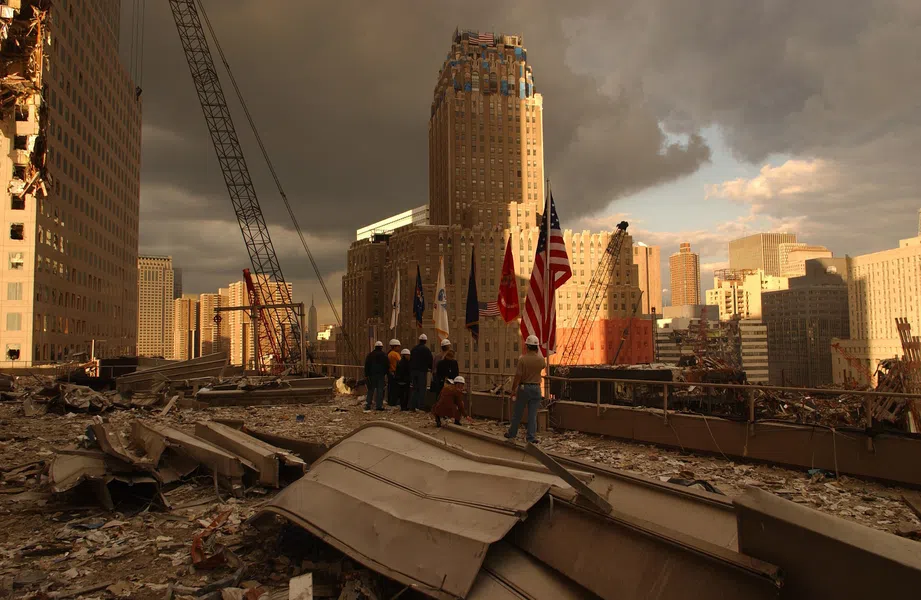
Fig. 5: "Somebody Blew Up America?" has been criticized as insensitive and racially charged in the wake of the terrorist attacks on September 11th, 2001.
"Black Art" (1965)
One of Baraka's earlier poems, "Black Art," expresses the need for Black artists to purposefully create Black art. Instead of trying to imitate white artists, who already idealize the African American experience in a racist society, Baraka argues Black artists should embrace their unique blackness. He argues that nothing matters until the Black perspective is included in political, social, and literary discourse. "Black Art" advocates for that inclusion no matter the cost. This poem is often criticized for promoting violence.
Amiri Baraka Critique
Baraka is a controversial figure in American literature for the way he approached social and political issues in his writing. He has been both praised and condemned for his staunch, unflinching depiction of racism in 20th-century America. Though his works examine social injustice and advocate for civil rights, critics contend his writing is politically radical, bordering on misogynistic, homophobic, and anti-Semitic.
Baraka is unarguably an essential Black voice in 20th-century American literature. Through his numerous plays, essays, poems, fiction, and music criticism, he has consistently advocated for an end to racism and social justice. Often, though, Baraka does so radically, aligning himself with Black Nationalism and Marxism and arguing for social change no matter the cost. Baraka did not believe peaceful protests were effective in exacting the vast social change he longed to see. In effect, many of his poems advocate violent means if necessary, use crude language, and target other oppressed groups.
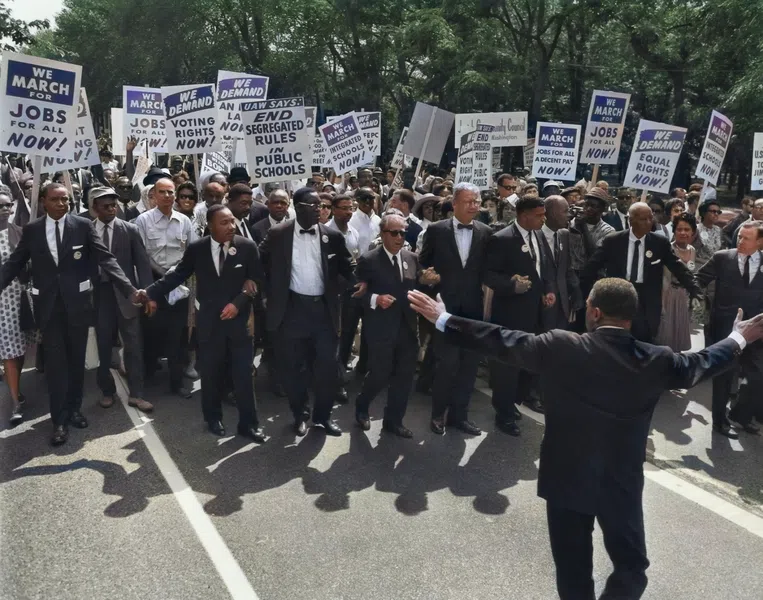
Fig. 6: Baraka's activism differed from the peaceful protests of Martin Luther King, Jr.
For example, "Somebody Blew Up America?" has anti-Semitic undertones, while Dutchman contains elements of misogyny. While Baraka's work is remembered for empowering the Black community, he has also been accused of reinforcing divisions in race, religion, and gender.
Amiri Baraka Quotes
Below are some important quotes from Baraka.
The black artist's role in America is to aid in the destruction of America as he knows it."
This quote comes from the "state/ment" section of Baraka's Home (1966), a collection of political and social essays. Baraka was a strong advocate for the destruction of racism at all costs. Since racism was built into the foundation of America, Baraka argued the entire country needed to be destroyed and rebuilt. He saw oppression and injustice giving way to equality only through a new foundation. Baraka also thought Black artists were the perfect agents for social change since they offered an entirely new perspective and voice in the world of literature and could reach large audiences.
Nonviolence, as a theory of social and political demeanor concerning American Negroes, means simply a continuation of the status quo."
This quote was included in Baraka's "What Does Nonviolence Mean?" article in the October 1964 edition of Negro Digest magazine. It speaks to his critique of the use of nonviolent protest in the Civil Rights movement. He thought the technique was ineffective and weak. Instead, Baraka became controversial because he advocated for a violent reclamation of justice.
Amiri Baraka - Key takeaways
- Amiri Baraka was born Everett LeRoi Jones in New Jersey in 1934.
- His social philosophy and writing career can be broken into three sections: Beat Poets, Black Nationalism, and Marxism.
- He is famous for dramas such as Dutchman and poems such as "Somebody Blew Up America?" and "Black Art."
- Baraka was a controversial voice in the civil rights movement because he advocated for an end to racism, even through violent means, and his writing often contained homophobic, misogynistic, and anti-Semitic undertones.
- Baraka died in 2014 following complications from surgery.
Similar topics in English Literature
Related topics to American Drama













